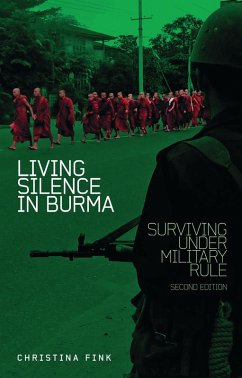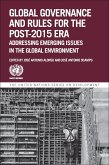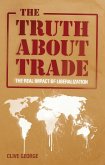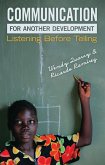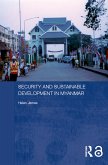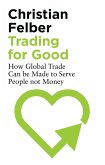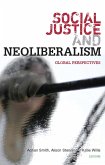Eight years after the first edition of this insightful and highly regarded book, Burma remains one of the most troubled nations in Southeast Asia. While other countries have democratized and prospered, Burma is governed by a repressive military dictatorship and is the second largest producer of heroin in the world. In this exceptionally readable yet scholarly account of Burma today, Christina Fink gives a moving and insightful picture of what life under military rule is like. Through the extensive interviews conducted inside and outside the country, we begin to understand Burma's political and domestic situation and a comprehensive understanding of why military rule has lasted so long.
This significantly revised new edition includes material taking the reader up to present day action and accounts, including the impacts of the dramatic 2007 monks' demonstrations, which were coordinated with former student activists and members of Aung San Suu Kyi's party. The book explores the regime's continued attempts to weaken and divide the democratic movement and the ethnic nationalist organizations and explains how the democratic movement and ethnic groups have sought to achieve their goals; in part, by working more closely together.
This significantly revised new edition includes material taking the reader up to present day action and accounts, including the impacts of the dramatic 2007 monks' demonstrations, which were coordinated with former student activists and members of Aung San Suu Kyi's party. The book explores the regime's continued attempts to weaken and divide the democratic movement and the ethnic nationalist organizations and explains how the democratic movement and ethnic groups have sought to achieve their goals; in part, by working more closely together.

